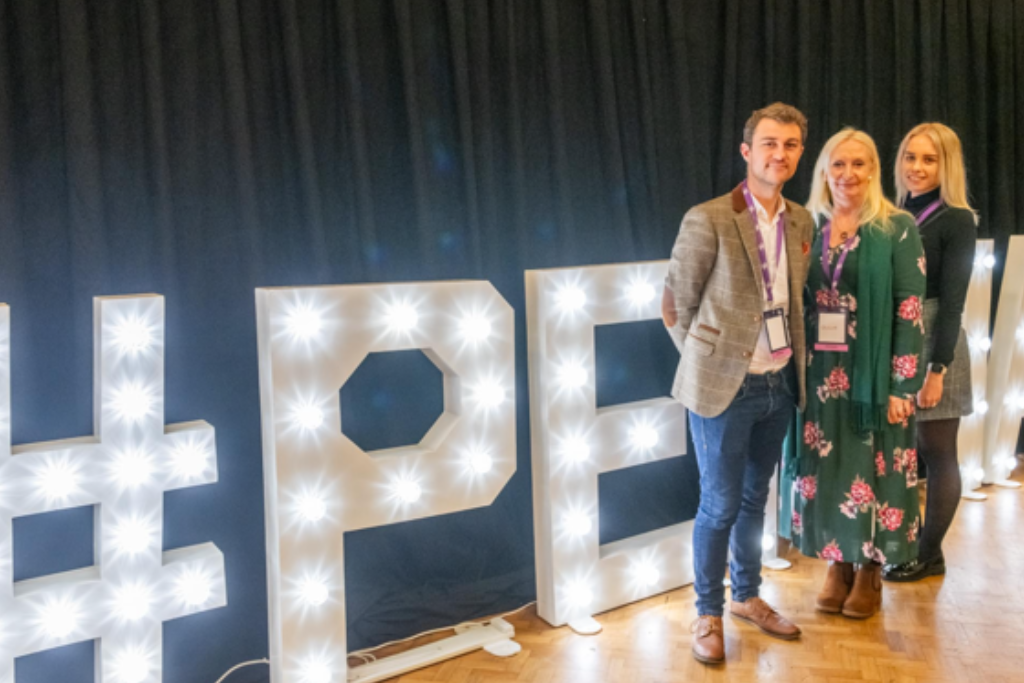
Our Patient Engagement Team uses a range of ways to engage, listen and learn from our patients, public and wider community including traditional surveys, proactive engagement with specialist patient and cultural groups, and a programme of community listening and awareness days. This helps us get feedback on access and use of our services, which we use to make service improvements.
Some of the most recent improvements influenced by patient feedback include the successful rollout of the Insight app across PES and PTS to support language translation, the launch of the national BSL 999 video relay service to improve access for deaf patients accessing our services, and an increase in our engagement with hard-to-reach ethnic minority groups through our own series of community listening events and bespoke engagement.
We have also successfully achieved our Patient and Public Panel (PPP) membership target with 350 members of the public signed up. Since the launch of the PPP in September 2019, our members have been involved in a wide range of meetings and projects including the national ambulance dataset project with NHS England. The involvement and feedback from our members has influenced various changes within the trust as it allows us to shape our service from a patient perspective.
The vital work undertaken by our Patient Engagement Team and PPP has been shortlisted in three national awards for Patient Experience Network National Awards (PENNA). PENNA are the first and only awards programme to recognise best practice in patient experience across all facets of patient experience. The team has been shortlisted in:
- Team of the Year
- Patient Contribution
- Measuring, Reporting and Acting – Using Insight for Improvement
Head of Communications and Engagement, Julie Treharne: said “This is an amazing achievement by the team. PENNA receive a lot of submissions each year from various organisations across the country so to be shortlisted in three categories is fantastic. The team always puts so much work and effort into our community listening events with our last series being a great success. We have also seen a huge increase in our engagement with patient groups and ethnic minority groups, most recently including our Chinese and Jewish communities. All of this work combined with the invaluable lived experience of our Patient and Public Panel helps us to make reasonable adjustments, service changes and improvements. The team should be really proud of their efforts and achievements so far.”